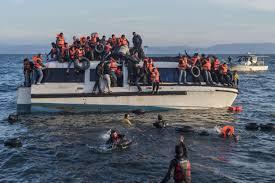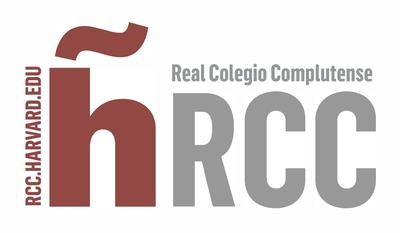Date:
Location:
The EU is facing an unprecedented crisis with very significant flows of refugees and migrants for which the current system was not designed. An initial Schengen Agreement was signed in 1985 between five countries (Benelux countries, France and Germany) targeting a gradual abolition of border checks. In 1990, these countries signed the Convention implementing the Schengen Agreement, which contained a series of provisions designed to compensate for the abolition of border checks through greater cooperation in the fields of the movement of people (visas, immigration, asylum). This agreement came into force in 1995. In 1999, the Schengen Agreement was integrated into the EU's legal framework, after the entry into force of the Treaty of Amsterdam.
Since this moment this evolution was never in such a danger as with the current crisis. Many comentators have underlined the responsibility of each Member State to manage its external borders and on the need to ensure that the initital system is 're-established. The temporary re-establishment of border checks by Germany, Austria and Slovenia in September, authorised by Article 25 of the Shengen Gorder Code has been highly critisized. It also has been pointed out the need to apply refugee relocation mechanisms, or else border checks will be reintroduced and the Schengen Area will be dead.

What are the security repercussions of forced migration for both the EU and of particular South European states? For dealing with this important issue, firstly a detailed picture of how illegal migration unfolds in the broader Mediterranean region over the last decade (trends, migration routes, impact of the Arab uprisings, the Syrian crisis etc.) is given. Secondly, particular emphasis is put on understanding how forced migration is being perceived and interpreted (a "securitization move"? in terms of "strategic culture"?) by the European Union as well as by certain South European states. Concurrently, the European Union as well as the national responses and/or strategies to forced migration in the Mediterranean region are further discussed and analyzed.
Speakers: Jose M. Martinez Sierra, Jean Monnet ad Personam Professor in EU Law and Government and RCC Director; Victoria Alsina, Fellow at the Harvard Kennedy School; Keina Espineira, Adjunct Professor of Political Science at UCM; Marco Aparicio, Lecturer of Law at the University of Girona.
